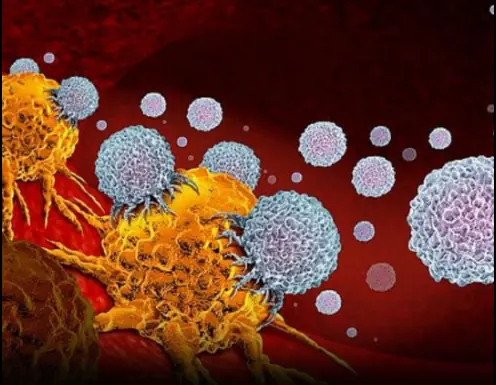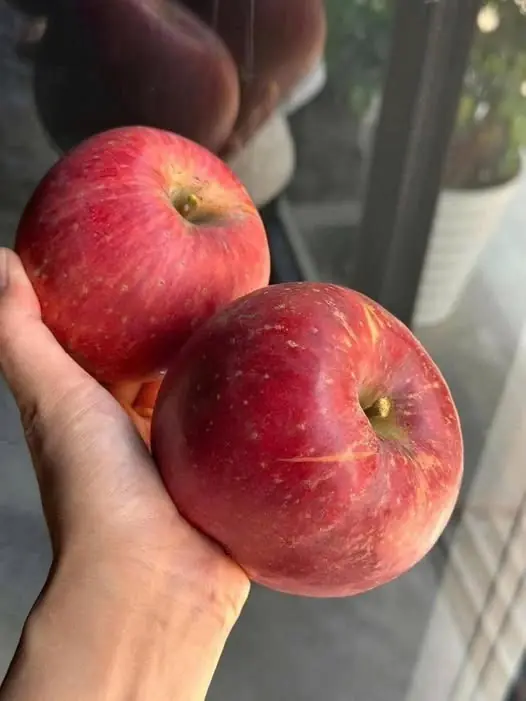
What Happens When You Drink Matcha Every Day?
Matcha — the finely ground powder made from green tea leaves — isn’t just a trendy drink. It’s loaded with antioxidants, caffeine, and plant compounds that can reduce inflammation, support gut health, and keep you alert.
However, drinking it in excess or on an empty stomach can lead to discomfort, heartburn, or digestive upset.
So what really happens when you make matcha part of your daily routine? Let’s break it down.
🌿 The Positive Effects
Matcha is packed with powerful antioxidants, especially EGCG (epigallocatechin gallate), which helps reduce inflammation and protect intestinal cells from oxidative stress. This not only supports a healthy gut lining but also prevents infections and promotes overall digestive balance.
According to Dr. Nguyen Thi Phuong, a nutrition specialist at Tam Anh General Hospital (Hanoi), regular matcha consumption can help improve the composition of gut microbiota — increasing beneficial bacteria such as Coprococcus while reducing harmful Fusobacterium.
The polyphenols and catechins in matcha act as fuel for good bacteria, helping them thrive while inhibiting bad microbes. The result? Better digestion, less bloating, and improved bowel regularity.
Catechins also boost the activity of lipase, an enzyme that helps break down fats more efficiently.
Meanwhile, the caffeine in matcha gently stimulates bowel movement, and its natural fiber content helps relieve constipation while stabilizing blood sugar levels.
⚠️ The Possible Downsides
A typical 240ml cup of matcha contains about 60–70 mg of caffeine — similar to or slightly less than coffee. But if you drink it too strong, too often, or on an empty stomach, the high concentration of caffeine and catechins can trigger acid secretion and irritate the stomach lining.
Symptoms may include heartburn, nausea, abdominal cramps, or loose stools.
Those with gastritis, acid reflux, irritable bowel syndrome (IBS), or caffeine sensitivity are more likely to experience these effects.
Matcha also contains tannins and polyphenols, which can bind to non-heme iron (plant-based iron) and reduce its absorption. Dr. Phuong advises avoiding matcha before or right after iron-rich meals to prevent nutritional interference.
Additionally, excessive matcha intake can slow digestion, cause constipation, or, conversely, overstimulate the intestines — leading to diarrhea, sleep disturbances, or headaches.
✅ How to Drink Matcha the Right Way
Dr. Phuong recommends choosing high-quality, pure matcha made from Camellia sinensis leaves grown and processed under certified conditions.
Avoid low-quality or unverified powders, as they may contain lead or contaminants harmful to the liver and digestive system.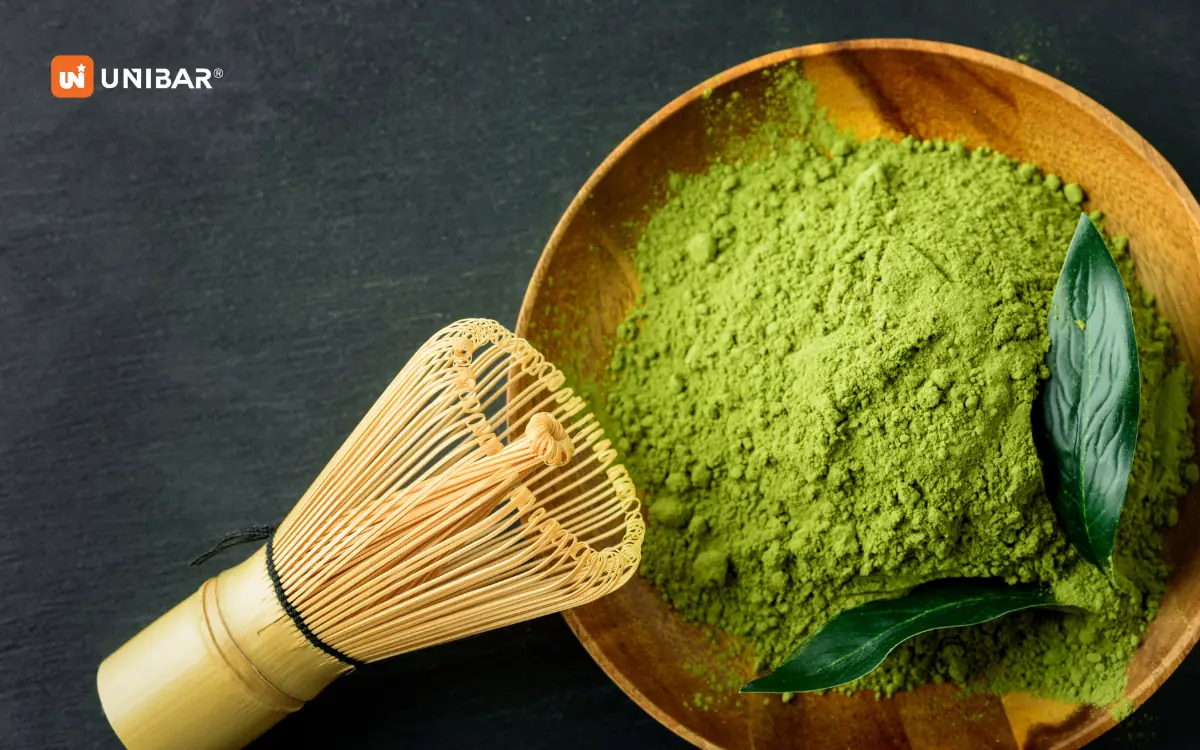
Here are her tips for safe, daily use:
-
Stick to 1–2 grams per day (about 1–2 small cups).
-
Drink after breakfast or a light mid-morning snack (around 30 minutes later).
-
Use 70–80°C (160–175°F) water to preserve antioxidants.
-
Avoid boiling water and excessive sugar or milk.
-
Do not drink on an empty stomach.
-
Keep it away from iron-rich meals to avoid nutrient interference.
💬 The Bottom Line
A cup of matcha a day can be a refreshing ritual that boosts gut health, improves focus, and delivers powerful antioxidants — as long as it’s enjoyed in moderation.
Listen to your body, choose quality, and let matcha energize your day the healthy way. 🌱
News in the same category


What are the health consequences of dehydration?

Heartbreaking but Important: Subtle Signs Your Dog May Be Nearing the End of Life

Put a piece of garlic in the middle of the tree, it has great uses, everyone will want to do it

Save a Ton of Electricity Just by Pressing One “Special” Button on Your Washing Machine — Many People Use It for Years Without Knowing

Why Do Flight Attendants Choose to Stay at a Hotel Instead of Going Straight Home After Landing?

Cardiologist answers questions about clip instructing stroke check with finger that has millions of views on social networks

Many people think it's for decoration!

What it says about your relationship when your partner sleeps with their back to you

When Someone in the Family Passes Away, Never Throw Away These 4 Things at Their Funeral

If you hear ringing in your ear, this is a sign that you will suffer from...

When a cat rubs against you, this is what it means

Why do dogs often chase strangers
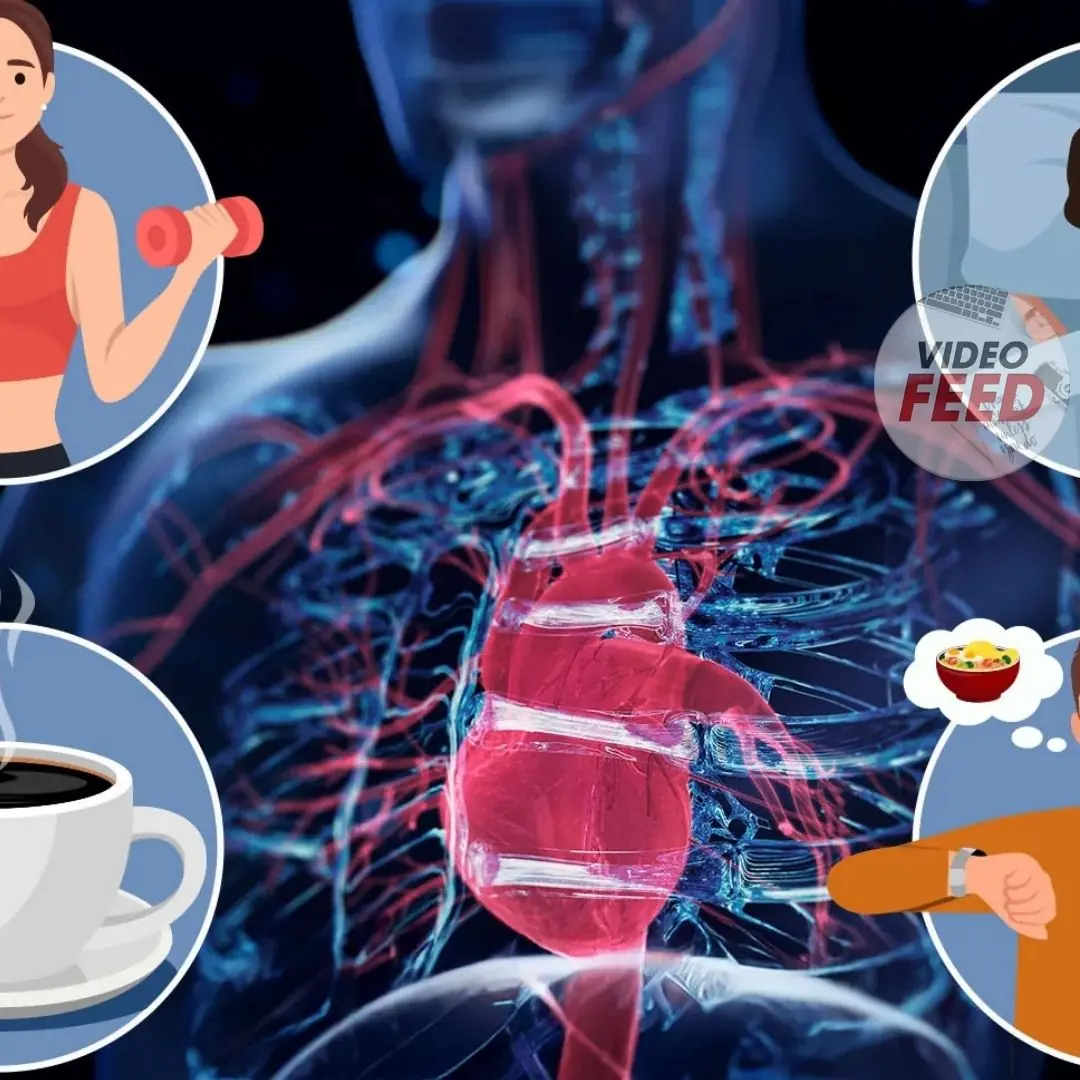
5 bad habits that increase the risk of str.oke at night

The Silent Mystery of Seat 11A: From the Most Hated Spot to a “Lucky Charm” That Saved the Only Survivors of Two Air Disasters

Doctor’s note: 4 fruits you should limit due to potential health risks, even if they seem affordable.

How dangerous are scratches on non-stick pans?

Warning: 2 types of cooking oils that are harmful to the heart should be limited

Waking Up Between 3 And 5 AM Could Indicate a Spiritual Awakening

Don’t throw these 4 things when someone passes away
News Post

Tomato Basil Bruschetta

Mediterranean Tortellini Pasta Salad

Swollen Feet? Don’t Ignore This Clear Red Flag — Here’s What It Really Means

Doctors Reveals That Eating Apples Causes

How to Deep-Clean Bed Pillows and Restore Them to Cloud-Like Freshness—Naturally

Why You Keep Waking Up Between 3 and 4 AM - 4 Health Issues Your Body May Be Signaling

Indoor Air Quality: 6 Common Household Items That May Affect Your Lungs — And How to Use Them Safely

What are the health consequences of dehydration?
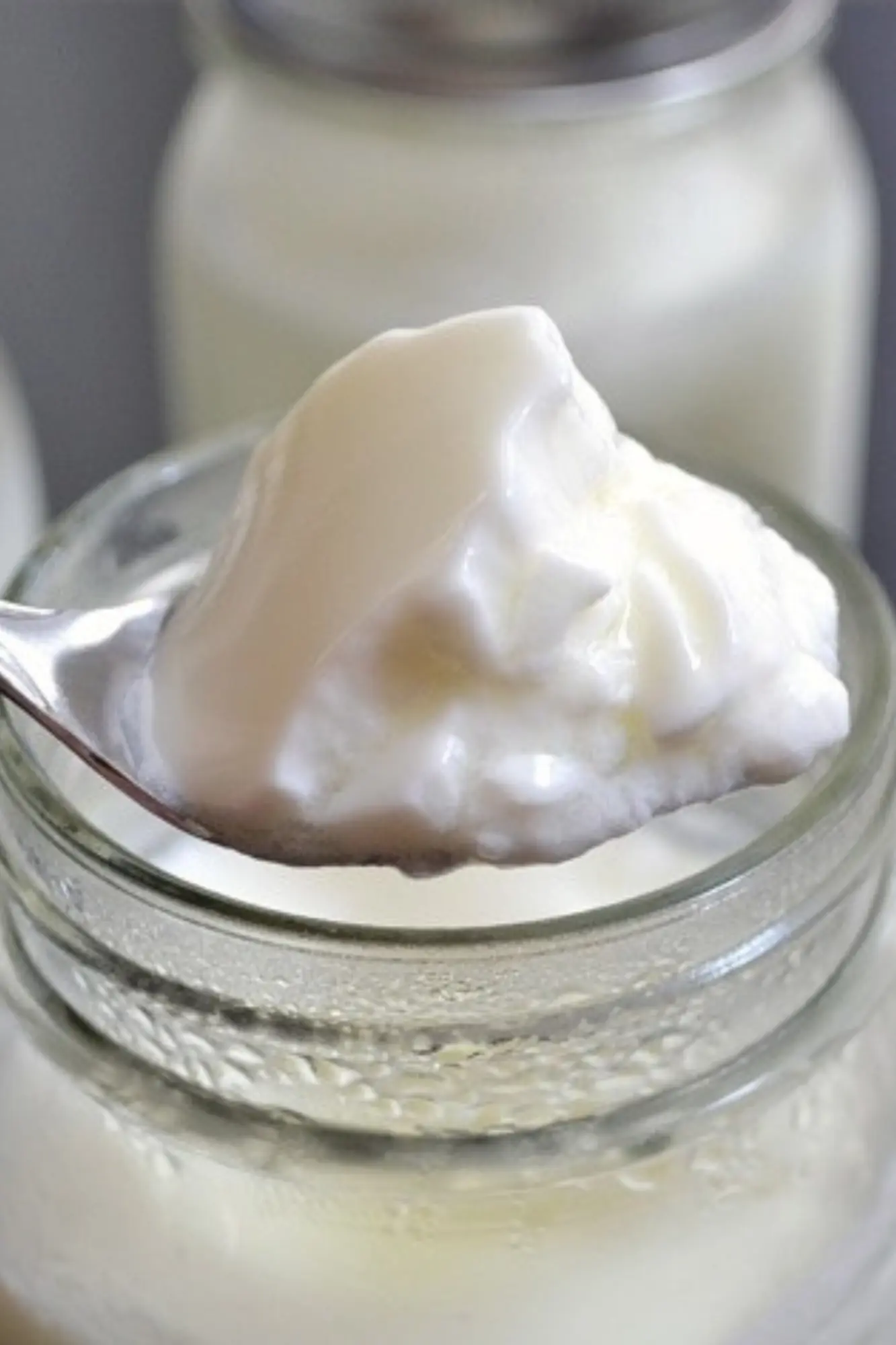
5 common mistakes when using yogurt that can be harmful to your health that you may not know

Scientists May Have Actually Found One Of The Causes Of Autism
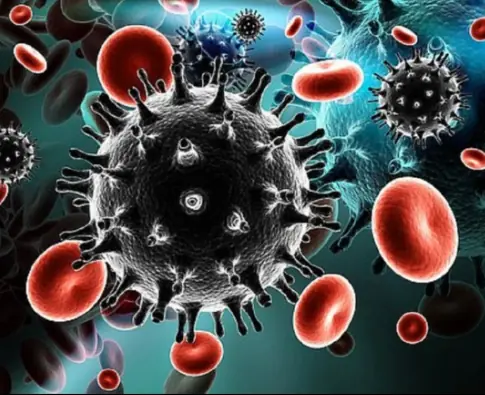
Itching in 9 Areas: A Warning Sign of Malignant Tumors, Number 7 Is the Most Common

Doctors Warn: Stroke May Present a Subtle Early Sign Up to Three Months Before It Occurs
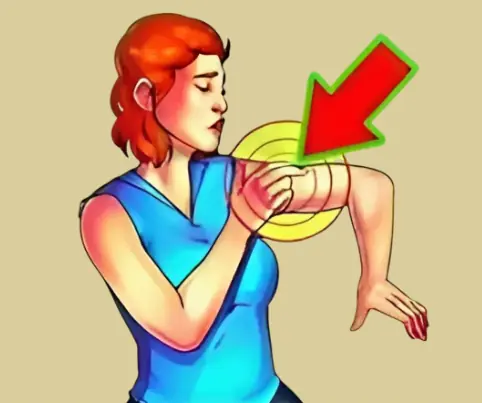
7 Signs of Mini Stroke in The Elderly
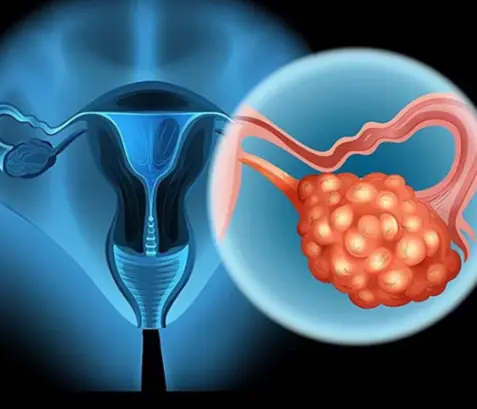
8 Early Warning Signs Of Ovarian Can:cer You Shouldn’t Ignore

What Does It Mean When You Dream About Someone Close Who’s Died?

5 Alarming Stroke Warning Signs to Watch for in Young People

What Are Eye Floaters? Here What To Do If you Start Seeing Them, According to an Eye Doctor

36-Year-Old Teacher Dies From Diabetes Doctors Say Was Triggered By Everyday Foods

Discover Love in the Little Things: Everyday Connections
